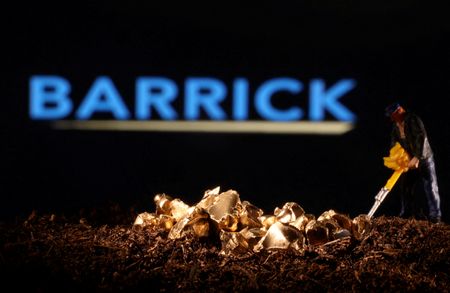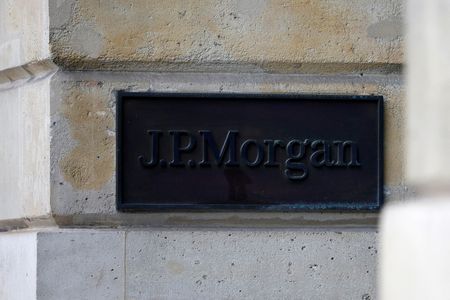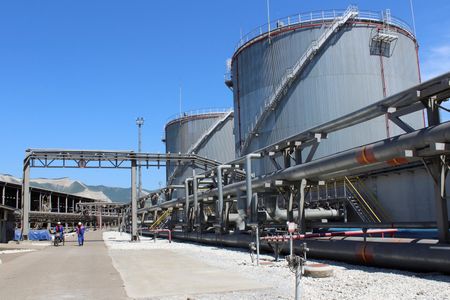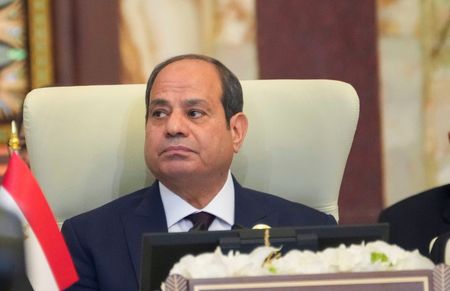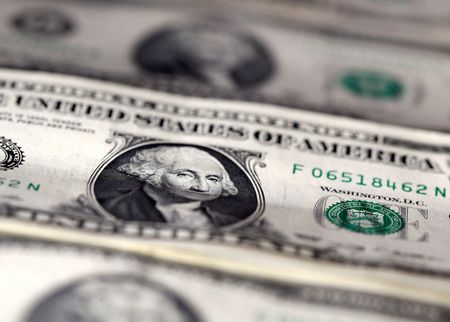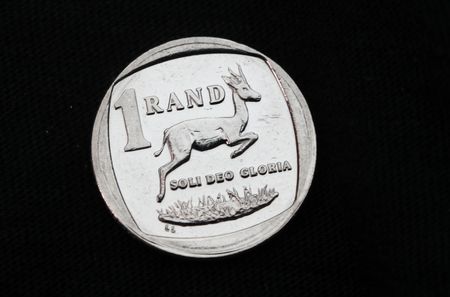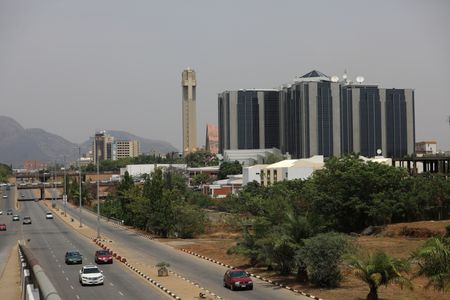By Seher Dareen
(Reuters) -Canada’s Barrick Gold announced a new $1 billion share buyback program as higher gold prices helped the company beat analysts’ estimates for fourth-quarter profit on Wednesday.
Shares of the company rose 6.6%, their highest since early November, as the gold miner also more than doubled its free cash flow in the quarter.
Gold prices rose over 27% in 2024, their biggest yearly rise since 2010, driven by safe-haven demand, interest rate cuts and buying from central banks.
Higher gold prices have buoyed gold miners’ earnings last year as they earned more on mining and selling the yellow metal.
It scrapped its previous share buyback program that was in place from February 14, 2024, having repurchased $498 million under it last year.
However, Barrick on Wednesday lowered its gold output forecast for the year to between 3.2 million ounces and 3.5 million ounces, from 3.9 million ounces in 2024, following the temporary closure of its Loulo-Gounkoto mine in Mali.
Barrick shuttered the mine in January amid an ongoing dispute with authorities in the West African country over a new mining law that seeks to steeply raise royalty taxes and the state’s ownership in mining projects.
The closure has also weighed on Barrick’s share price performance, the company said.
Since Reuters exclusively reported in September that the Malian junta-government arrested four Barrick employees, the company’s shares had fallen over 10%, as of Tuesday’s close.
CEO Mark Bristow told Reuters in an interview that the company would resume operations at its shuttered mine once authorities in the country allow it to resume gold shipments.
The company’s 2024’s gold output also came in below 2023’s 4 million ounces, largely due to a slower-than-expected ramp up at the Pueblo Viejo mine in the Dominican Republic.
On an adjusted basis, Barrick posted a profit of 46 cents per share for the quarter ended December 31, compared with estimates of 41 cents, according to data compiled by LSEG.
All-in sustaining costs (AISC), an industry metric reflecting total expenses, however, rose to $1,451 per ounce in the quarter, from $1,364 per ounce last year.
(Reporting by Seher Dareen in Bengaluru and Felix Njini in Cape Town; Editing by Maju Samuel and Alan Barona)

